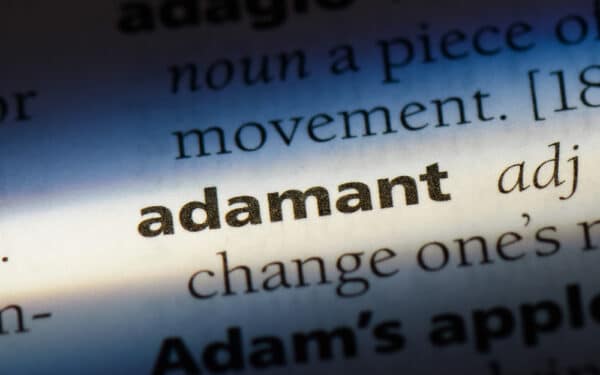Last month, and less than a year after the launch of the Jo Cox Commission on Loneliness, the Prime Minister committed to doing all she could to “bring an end to the acceptance of loneliness in our society”.
In recent years, loneliness has become less of a taboo; we now not only talk about it and sympathise, we try and work out ways to solve it.
Nine million people report feeling lonely some or all of the time. Health experts consider it as damaging as smoking 15 cigarettes a day. Study after study shows that people who are well-connected live longer; and people who are lonely die sooner.
Our GPs believe that at least one in ten patients come to see them mainly because they are lonely. Employers estimated that loneliness costs them £2.5 billion per year.
Jo Cox didn’t know all these facts when she set up the Commission. She was motivated by both her own experience of loneliness at university, and conversations with her constituents. She came into Parliament and set up the Commission with the driving belief that “young or old, loneliness does not discriminate”.
During 2017 we found Jo’s words to be devastatingly accurate. We met with and heard from older people, children and their parents, people whose relationships had broken down or had been bereaved, disabled people, refugees, carers and employees. They all had one thing in common – they had been lonely.
We also talked about the impact of social media, loss of institutions such as the church, people working alone at home or in a van, cuts to services, living away from family, and not knowing neighbours.
The Commission saw great local projects tackling loneliness, such as the cafe for veterans in my co-chair, Seema Kennedy’s, constituency. At the other end of the spectrum we saw evidence that investing money in social prescribing is reducing loneliness and GP visits in Worcestershire where it’s being trialled.
Ultimately we found out that not enough is known about what works or why it works. Government has not consistently measured loneliness, and our community stalwarts are too busy getting on with setting up a choir, coffee morning or chat room to devise methodologies and carry out evaluations.
The Commission concluded that tackling loneliness will be a generational challenge. Our report, launched in December in Batley in Jo’s constituency, set out how we can make a start.
The Prime Minister’s acceptance of our recommendations began with appointing a Minister, Tracey Crouch, to keep loneliness firmly on the agenda of colleagues across Whitehall and in town halls. The Government’s decision to put the loneliness brief within the department for culture, rather than health or local government, shows that tackling loneliness will mean asking us all hard questions about how we have structured our society.
The Minister will be responsible for creating a strategy that brings together Government, community groups, charities, academics and, crucially, business. The Government has also committed the Office of National Statistics to measuring loneliness and to providing funding to stimulate innovative solutions, provide seed funding for community initiatives and to scale-up existing projects.
Jo told my co-chair Seema that she had no intention of publishing a redundant report that just sat on someone’s shelf. But I doubt even she would have thought the Prime Minister would have responded to our report by committing herself and the levers of Government to reducing loneliness.
The very next day, though, Jo would have reminded us that now it was our turn – whether that meant getting involved in the Government’s strategy, changing our workplaces or neighbourhoods or just saying hello to someone in the supermarket queue.
Rachel Reeves is a Labour MP and Co-Chair of the Jo Cox Commission on Loneliness



